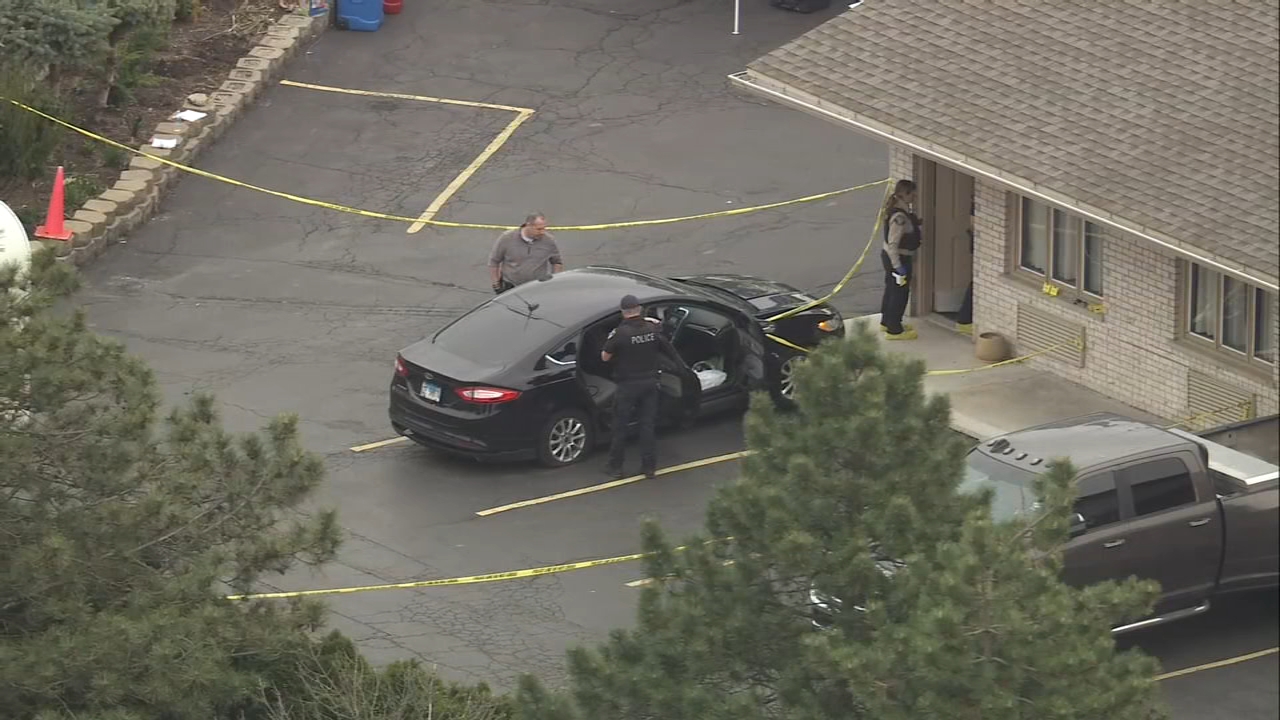Groups sue seeking court oversight of Chicago police reforms

CHICAGO (WLS) -- Several community groups, including Black Lives Matters, filed a lawsuit Wednesday demanding federal oversight of reforms in the Chicago Police Department.
Before announcing class-action lawsuit, as a reminder of Chicago's recent history of police abuse, civil rights attorneys and community organizations showed visual examples of officers using force and provided real stories from victims.
"Two officers came over and before I knew it, I was slammed into the side of the building, my hair was pulled and shoved to the ground," said plaintiff Chante Linwood.
Through legal action, the group is trying to force the Mayor Rahm Emanuel's administration into federal oversight of police reforms.
"The mayor says, 'We don't need court oversight, just trust us. We got this.' Don't forget this is the same mayor who denied reality of police abuse until his hand was forced," said Craig Futterman, of the University of Chicago Law School.
Forced by the Laquan McDonald shooting, the incident resulted in a Department of Justice investigation which concluded Chicago needed a federal judge to oversee police reforms, something Emanuel agreed with until the Trump administration backed away from federal intervention.
"We recognize the need for reform, we recognize the importance of having an independent set of eyes," said Edward Siskel, city of Chicago corporation counsel.
The city is now pushing for an independent monitor, someone like a former judge or retired police superintendent, to oversee reforms. However, civil rights attorneys say given Chicago's history of police brutality, a federal judge is the only one to trust to get the job done.
"There are major issues when it comes to enforcement, transparency and accountability when it comes to what the mayor is putting forward," said Sheila Bedi, of the Northwestern Pritzker School of Law.
Legally, the city can go ahead and agree to federal oversight without the Justice Department. The corporation counsel nor the mayor would say why they are now pursuing a different path. Emanuel and police Superintendent Eddie Johnson did tout many new reforms already in place, such as Tasers and body cameras.





